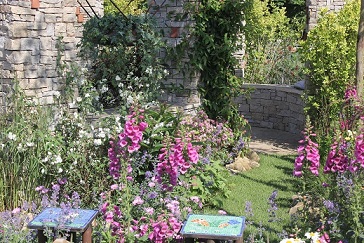Develop Unique Skills for a Unique Career

This certificate provides a solid introduction to those looking to a career in horticulture.
- Free student membership offered to Chartered Institute of Horticulture (UK) and Australian Institute of Horticulture
- This course has been used internationally for trade level training since the 1990's (originally accredited in Australia, adopted for trade training in Bermuda, delivered by partner colleges on 4 continents)
- Developed and taught by an international team of highly qualified horticulture professionals (with a minimum of 8 years experience - including degree level or equivalent training)
Many hundreds of graduates over more than 3 decades have forged very successful businesses and careers , getting their start with this course.
You can see some of their stories on our Vimeo channel.